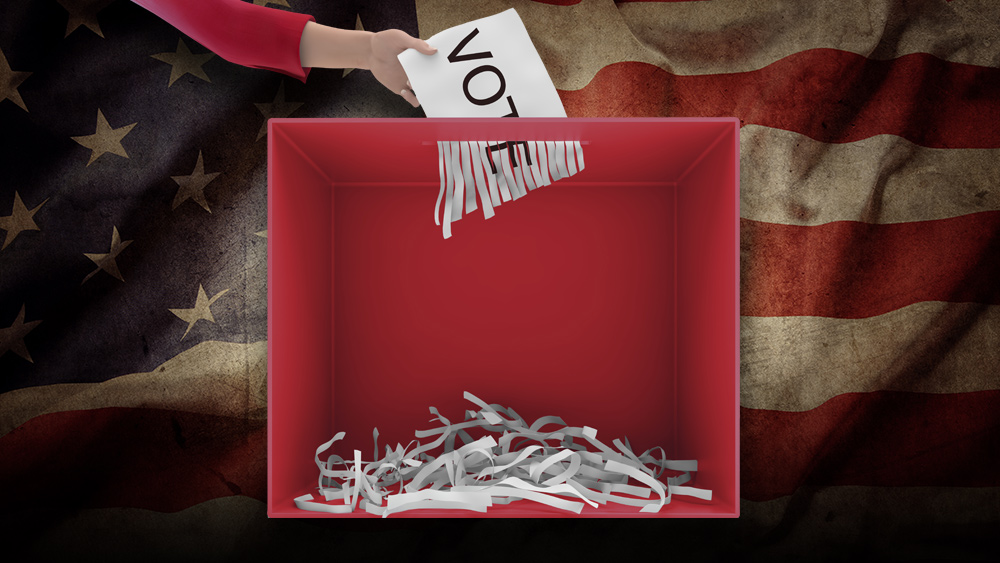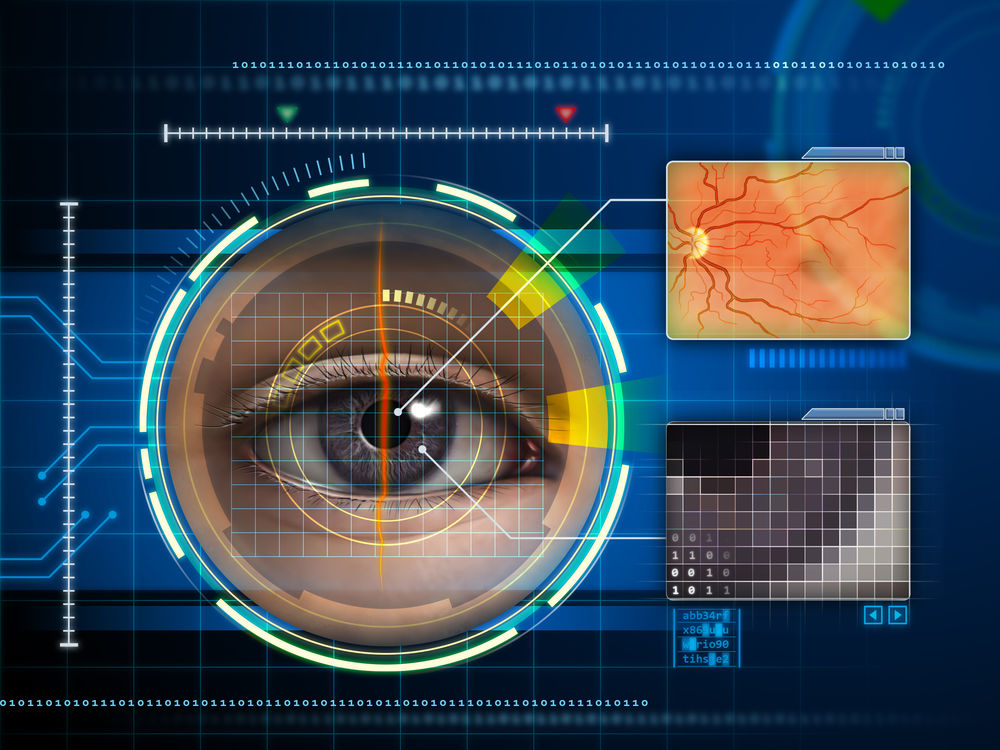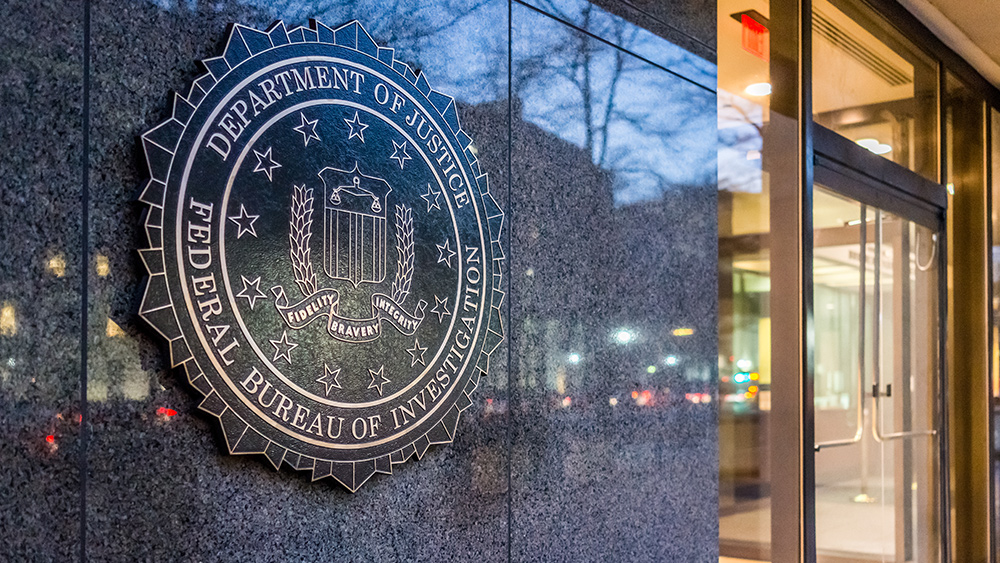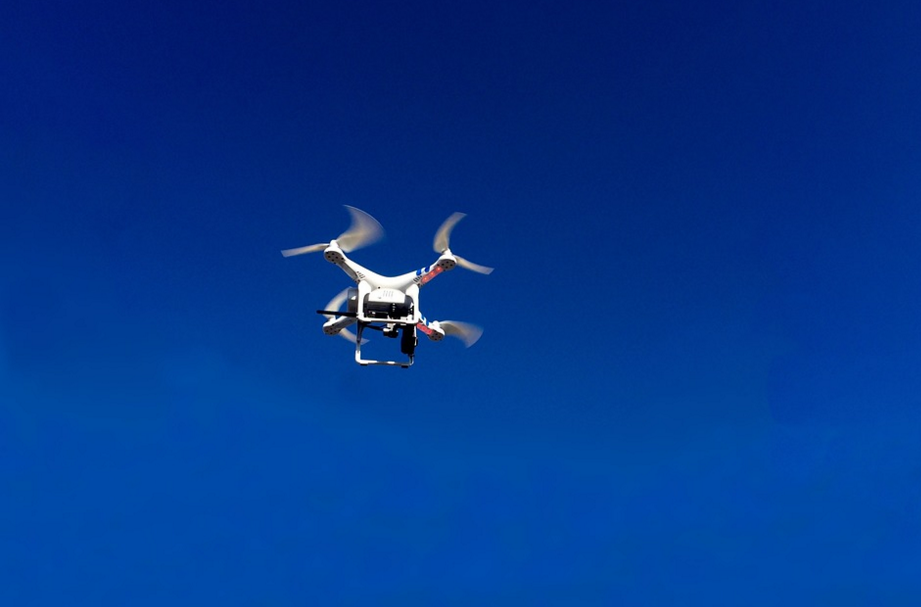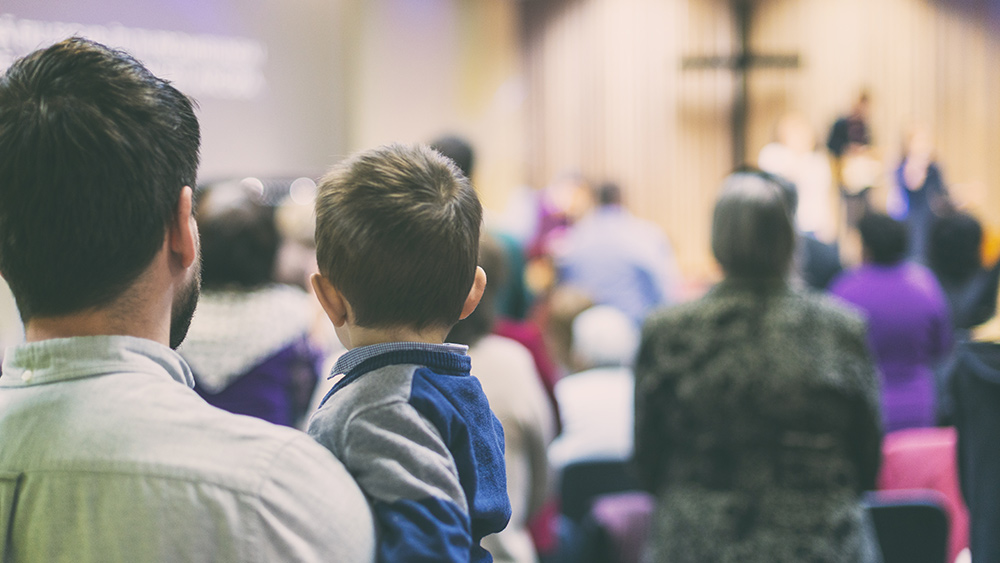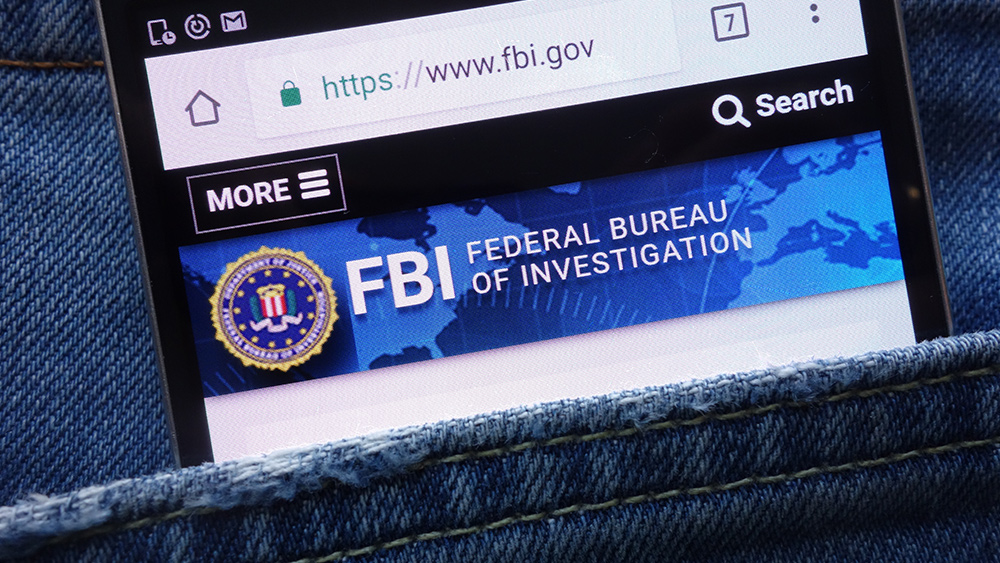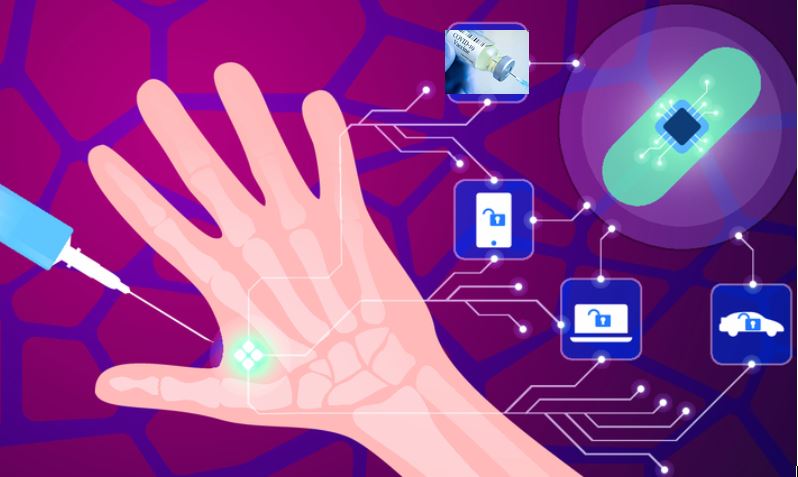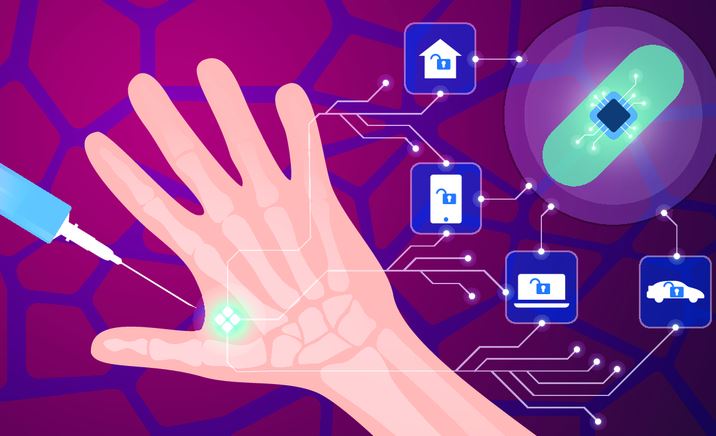Alabama, North Dakota, and South Carolina first three states to embrace Apple’s “contact tracing” mass surveillance technology
06/04/2020 / By Ethan Huff
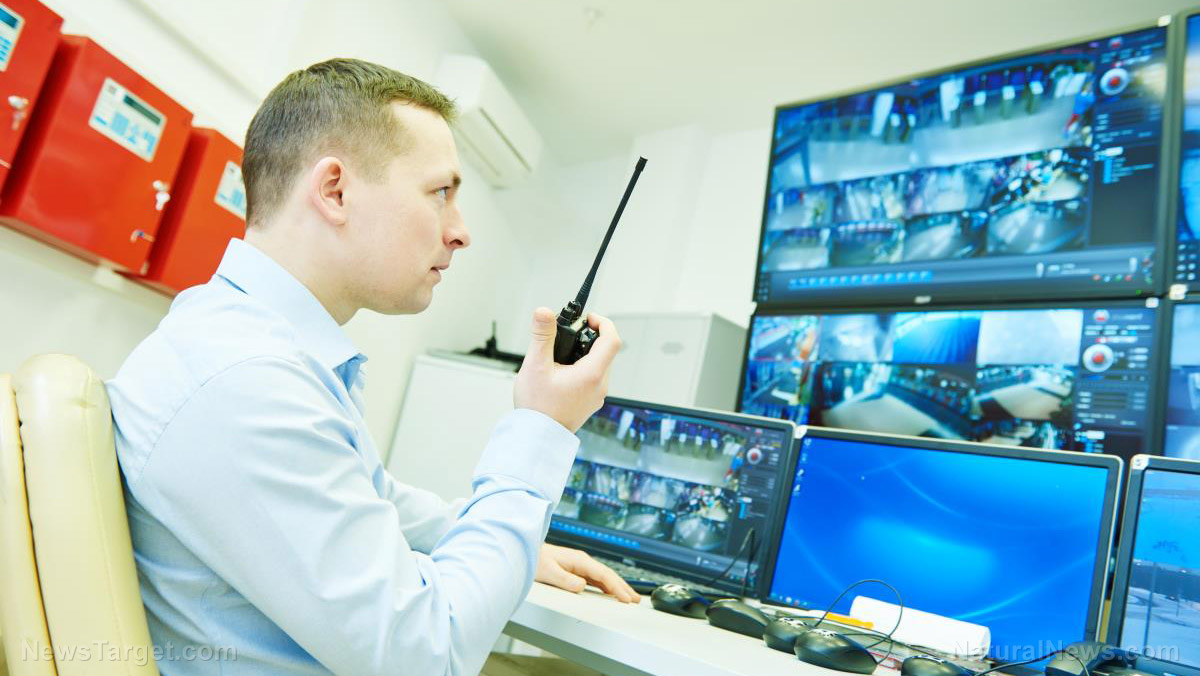
Apple and Google have both announced that the latest software updates for their respective smartphone platforms will have built-in “contact tracing” capabilities. And three states have thus far publicly committed to using them: Alabama, North Dakota, and South Carolina.
Supposedly designed to “slow the spread of coronavirus,” this contact tracing technology utilizes Bluetooth technology to store relevant data on people’s personal devices, rather than on central servers. Whenever someone tests positive for the Wuhan coronavirus (COVID-19), the system will respond by using this data to notify anyone who was recently near that person.
This notification will include instructions telling smartphone users to contact their local health authorities for “medical advice,” as well as to get tested for the Wuhan coronavirus (COVID-19) themselves.
To be clear, the contact tracing apps that will perform these and other functions will not be developed by Apple or Google. Instead, the governments of Alabama, North Dakota, South Carolina, and any other states that decide to join the program will be making their own.
Apple and Google, on the other hand, will merely install the appropriate updates to people’s devices that will allow for these state-developed contact tracing programs to function. North Dakota has already unveiled its so-called “CARE19” app, while South Carolina is creating an “SC-Safer-Together” app.
Over in Alabama, a state health officer told the media that this state is “harnessing technology to accelerate exposure notification to slow the spread of COVID-19 so that we can all be safe together.”
“North Dakota is excited to be among the first states in the nation to utilize the exposure notification technology built by Apple and Google to help keep our citizens safe,” said North Dakota Governor Doug Burgum in a statement.
Listen below to The Health Ranger Report as Mike Adams, the Health Ranger, talks to Dr. Paul Cottrell about the burgeoning medical police state here in America:
Apple, Google claim that users will still maintain privacy – ha!
As to be expected, many are concerned about how these state-run apps might be used by police state governments to track and surveil their residents. But never fear: Apple and Google both claim that user privacy will still be maintained.
Hilariously, the two companies have said that their platforms will not allow the state-run apps to use any phone’s GPS data, which can pinpoint a user’s location with incredible accuracy. Governments will also be prohibited from turning this GPS data on silently.
Government bodies will further be restricted from collecting any data beyond what they need to perform contact tracing, whatever that might entail. There will also supposedly be no outside sharing of user data for any purpose other than what is stated as being necessary for the program.
The good news is that Apple and Google smartphone users will not be required to use any of these contact tracing apps, at least in the current “phase” of the pandemic. Adoption appears to be voluntary, at this point, though with the way things have been going lately that could change.
In other states like Utah, governments are using actual human contact tracers rather than smartphone apps to keep tabs on the movements of their citizenry. Actual health employees in Utah will reportedly log data given to them by those who agree to participate, as well as follow-up later with phone calls.
The “advantage” to this approach, at least for the government, is that human contact tracing is more centralized and more specific. The Apple-Google system, on the other hand, is a bit more anonymous, though even this is changing as early-adopters like North Dakota tweak their apps to pull less-anonymous data for tracking purposes.
To keep up with the latest Wuhan coronavirus (COVID-19) news, be sure to check out Pandemic.news.
Sources for this article include:
Submit a correction >>
Tagged Under:
Alabama, Apple, contact tracing, coronavirus, covid-19, Google, mass surveillance, North Dakota, pandemic, privacy watch, south carolina, surveillance
This article may contain statements that reflect the opinion of the author
RECENT NEWS & ARTICLES
COPYRIGHT © 2017 SURVEILLANCE NEWS

